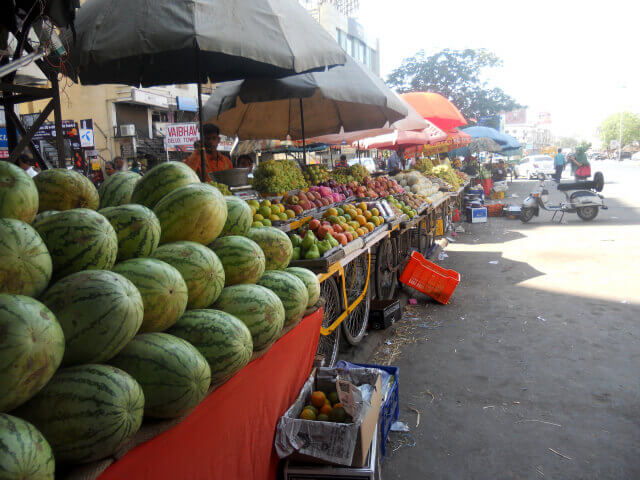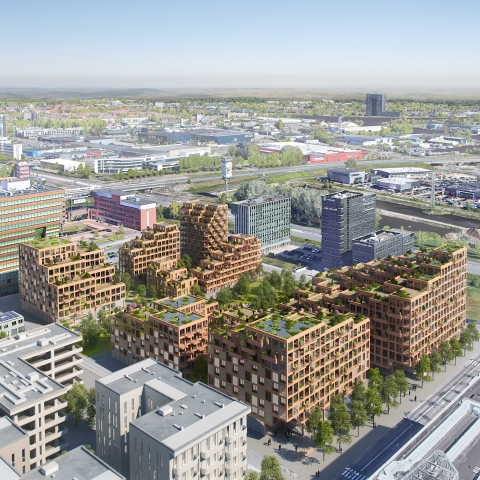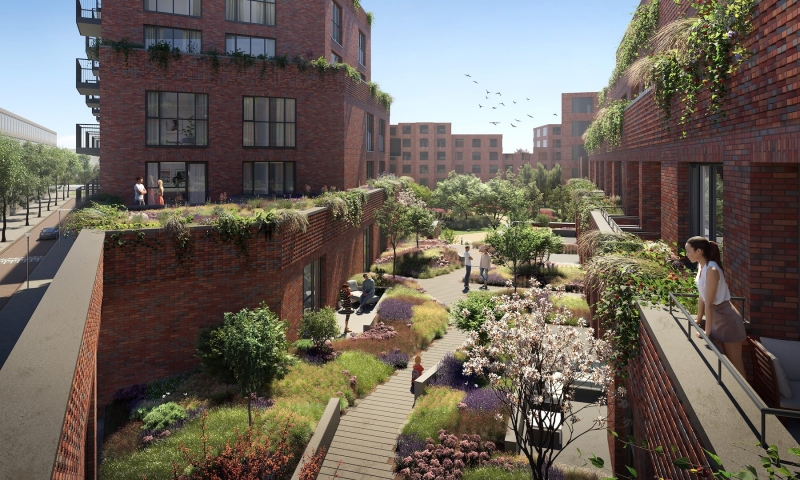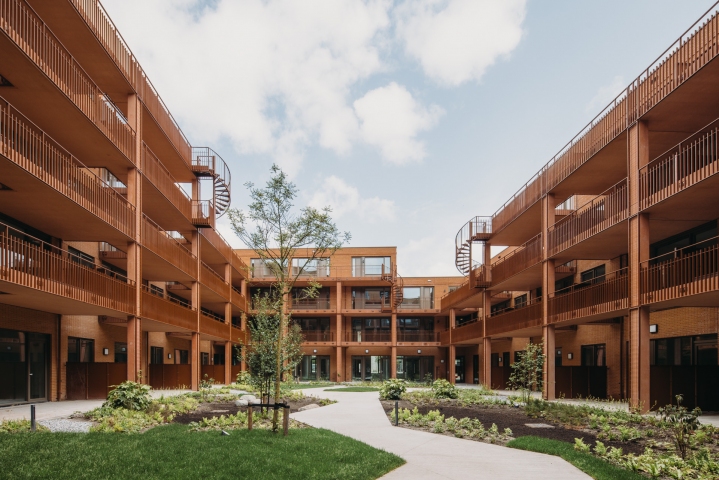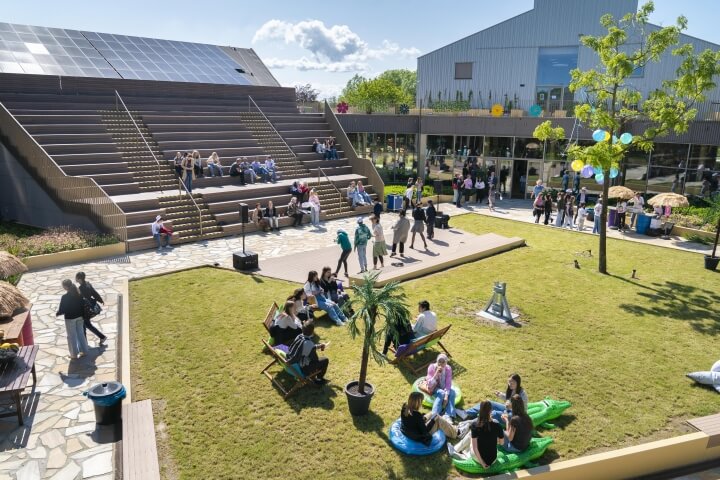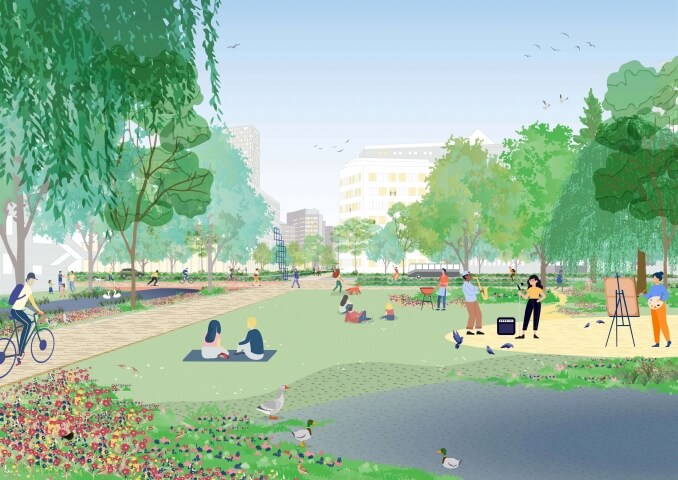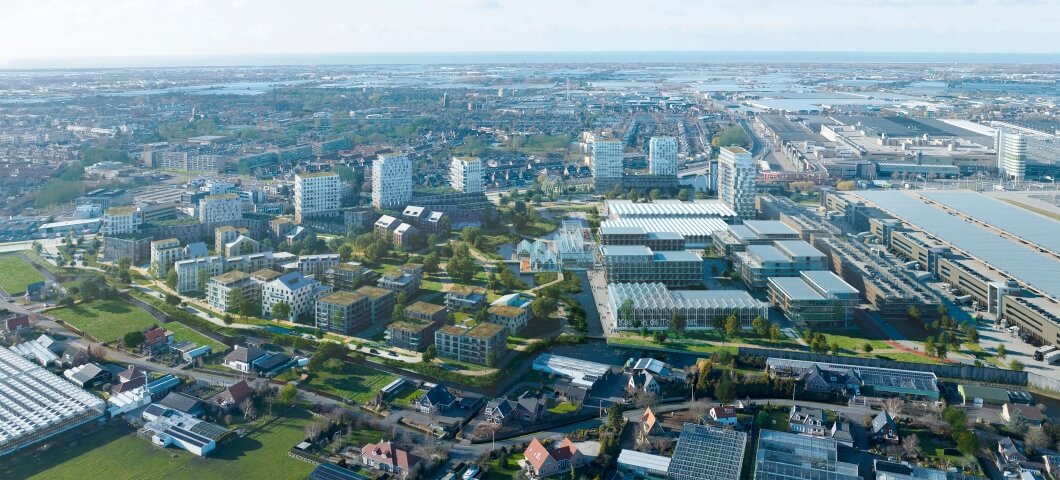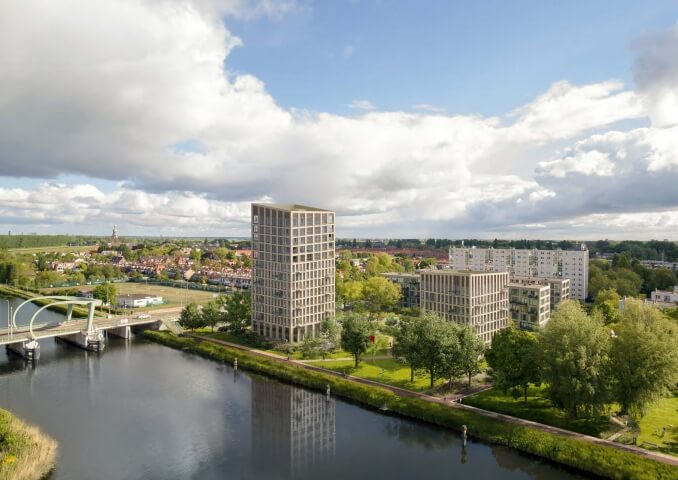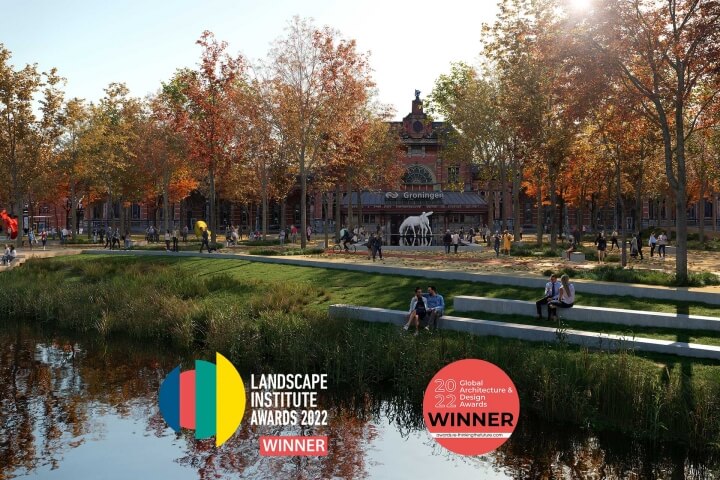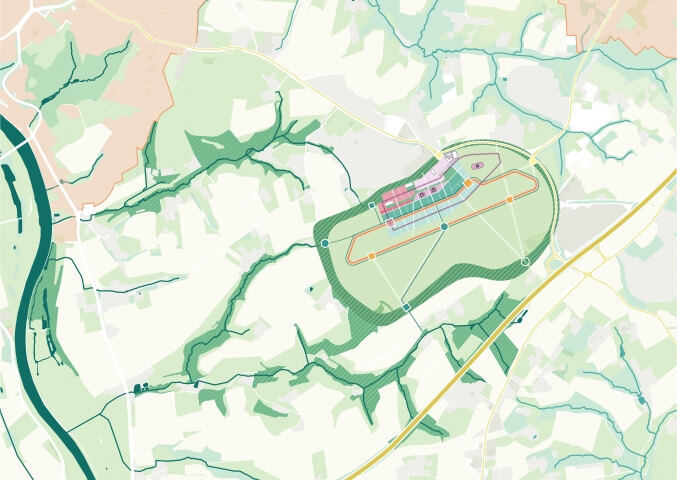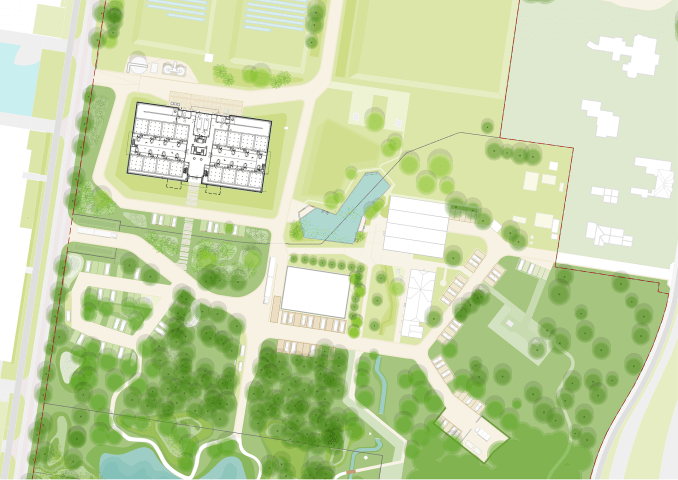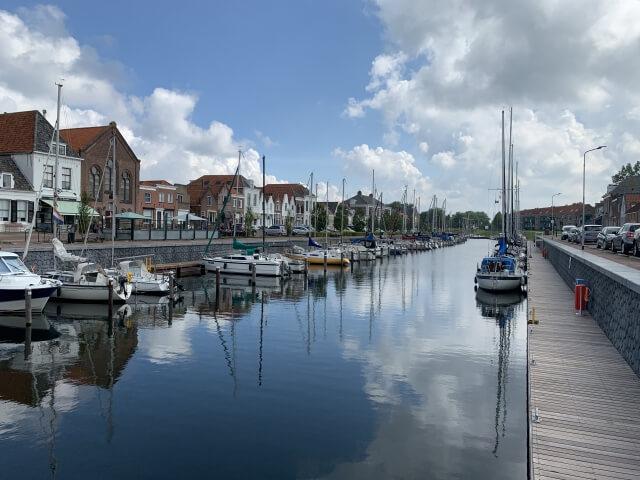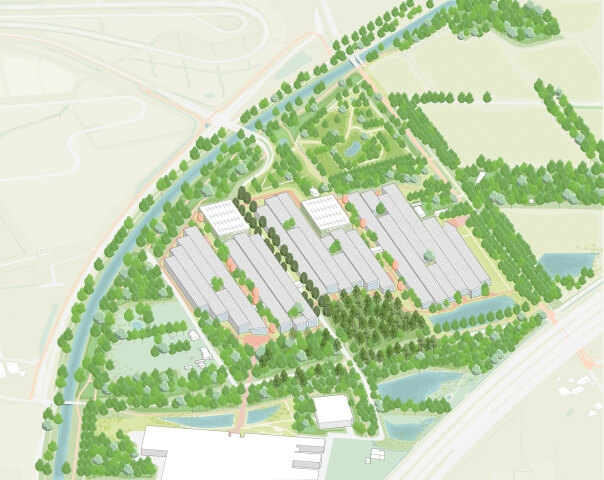Public Space Strategy Kanpur
Facilitating street vendors in a contemporary urban realm
Street vendors are a characteristic part of Indian cities. They’re economically important as they provide cheap daily shopping goods. There is often no designated space for them in the current urban fabric, generating chaos and traffic problems. As a result, street vendors are often considered conflicting with the further development of Indian cities to modern urban structures.
On behalf of the NGO’s Nasvi and HMS, this project investigates the position of street vendors in future cities, providing a strategy how they can support urban development. This proposal is developed, elaborated and tested on site, and is based on an intensive collaboration with the street vendors and the local government.

“Every layer of the society benefits from the products that are offered on the street.”
The chaos in the city is not a result of a lack of space, but caused by a lack of organization in the urban structure. Therefore, the urban realm is redefined into vending zones and non-vending zones. In the non-vending zones, space is reorganized to prevented markets. The vending zones are rearranged to stimulate vending. They are organized into three typologies in line with the diverse types of markets: organized markets, spontaneous markets along the street and flexible zones. For each type, a toolbox with spatial measures to stimulate and organize vending is developed.
The strategy was presented on a seminar, inaugurated by Union Cabinet Minister Shri Prakesh Jaiwal.
Year
2011
Location
Kanpur, India
Type
Research, Public Space
Team & partners
Deborah Lambert
People4Change
Hind Mahila Sabha


